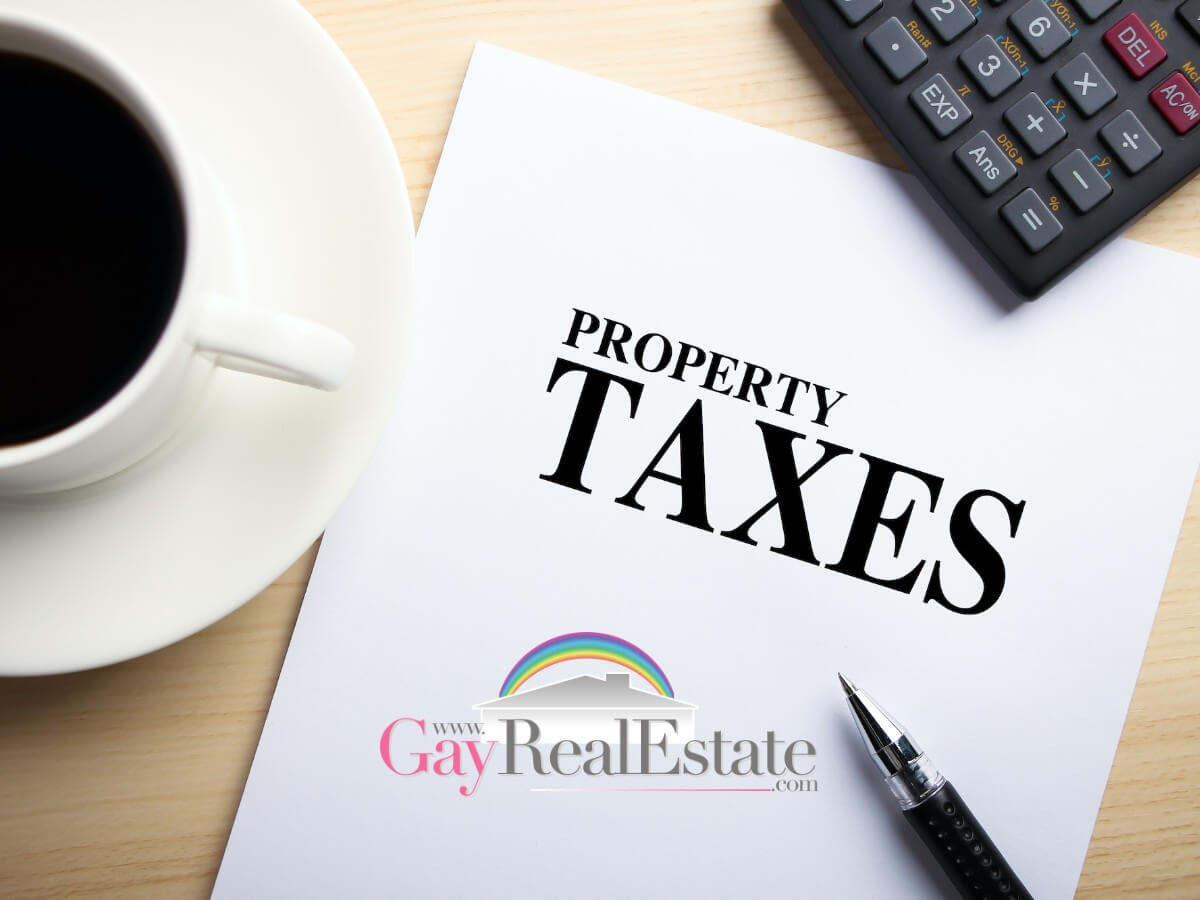As a LGBTQ+ homeowner, you’re probably used to receiving your annual property tax bill and paying it without much thought. However, did you know that challenging your property tax assessment can not only save you money, but also benefit your community?
Here’s why challenging your annual property tax bill is your civic duty, and how you can do it.
First, let’s talk about why challenging your property tax bill is important. Property tax assessments are based on the estimated value of your property, but these assessments are not always accurate. If your property is overvalued, you may be paying more in property taxes than you should be. By challenging your assessment and getting it lowered, you can save money on your tax bill.
LOTS OF MONEY!
But it’s not just about saving money for yourself.
When you challenge your property tax assessment and get it lowered, you’re also helping to ensure that everyone in your community pays a fair share of property taxes. If your property is overvalued and you’re paying more than your fair share, that means someone else in your community is paying less than their fair share.
By getting your assessment corrected, you’re helping to make sure that everyone in your community pays their fair share of property taxes.
Now to the How:
To challenge your property tax bill, you’ll need to file an appeal with the tax assessor’s office in your local government. The process for filing an appeal can vary depending on where you live, but here are some general steps you can take:
- Review your property tax assessment: The first step is to review your property tax assessment and make sure that there are no errors or inaccuracies. You can typically find your property tax assessment on the local government’s website or by contacting the tax assessor’s office. (you’ll be mailed a copy in the spring)
- Gather evidence: If you believe that your property tax assessment is too high, you’ll need to gather evidence to support your claim. This may include recent sales of similar properties in your area, these can be provided FREE by your GayRealEstate.com realtor, an appraisal of your property, or other documentation that supports your case.
- File an appeal: Once you have gathered your evidence, you’ll need to file an appeal with the tax assessor’s office. The appeal process may require you to fill out a form and provide documentation to support your claim. (A simple painless process – literally takes 10 minutes to file an appeal – your tax bill will have all the details on how to file an appeal)
- Wait for a decision: After you file your appeal, you’ll need to wait for a decision from the tax assessor’s office. The decision may take several weeks or months, depending on the jurisdiction.
It’s important to note that the process for challenging your property tax assessment can vary widely depending on where you live. Some jurisdictions may have specific deadlines for filing an appeal or require you to follow certain procedures. You may want to consult with your local GayRealEstate.com realtor, a real estate attorney or tax professional to help you navigate the process.
It’s important to note there’s no guarantee that you’ll be successful with your appeal, but it’s highly likely with supporting documentation that you can reduce your bill substantially! If you believe that your property is overvalued and you’re paying more in property taxes than you should be, it’s worth the effort to try.
Jeff Hammerberg is a distinguished entrepreneur and broker, and the visionary founder of GayRealEstate.com. For over 25 years, he has been a prolific writer, coach, and author who has been instrumental in advancing the cause of fair, honest, and equitable representation for all members of the LGBTQ+ community in real estate matters. GayRealEstate.com, which he established, is the largest and longest-running gay real estate agent referral service in the nation, boasting over 3500 LGBTQ+ realtors who operate in cities across the United States, Canada and Mexico. His commitment to promoting inclusivity and accessibility in real estate has earned him a reputation as a passionate advocate for the LGBTQ+ community.



